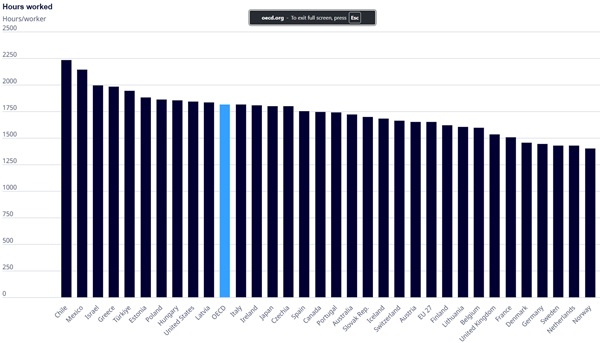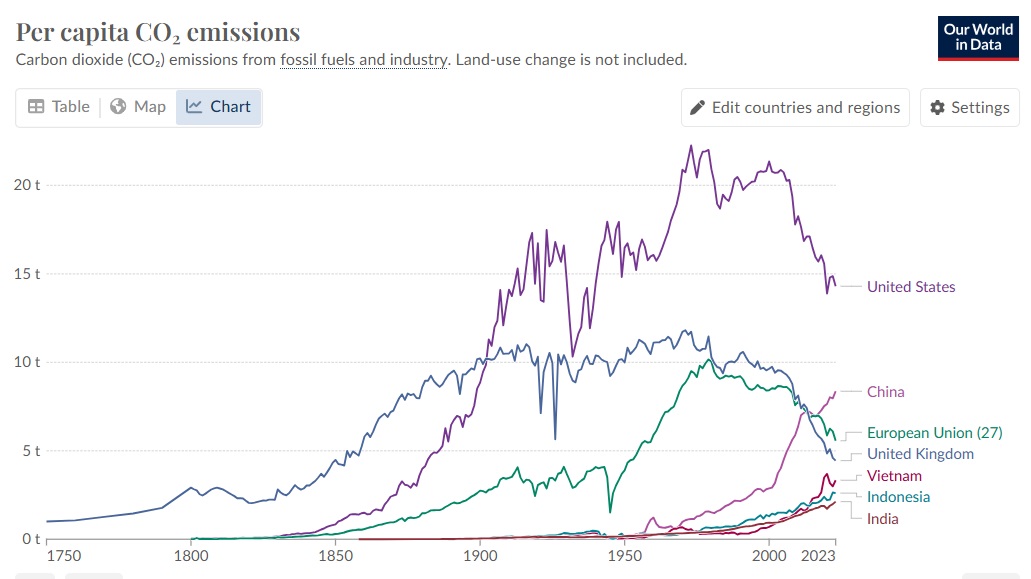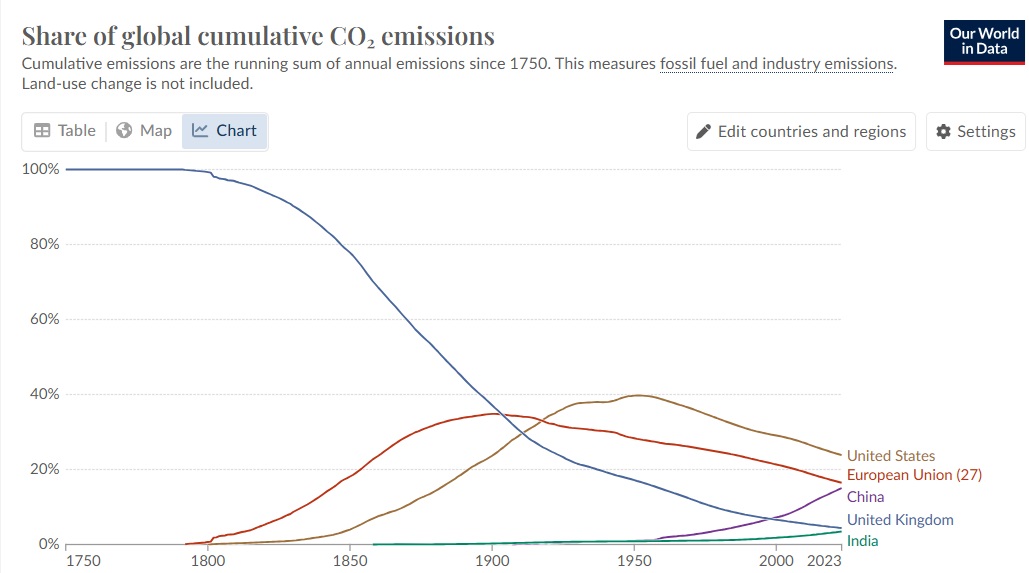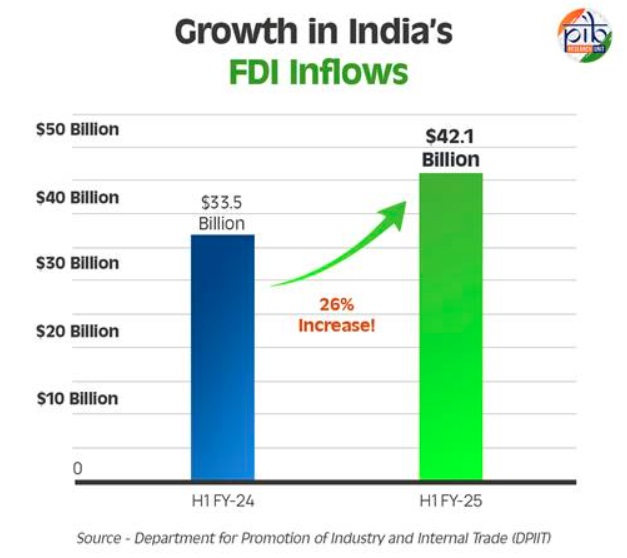So we finally cut the cord. Like a hostage after many years of captivity, we are now Xfinity free. We recognize we’re a decade behind the times in doing so but as is so often the case there were extenuating circumstances. You see we are also held hostage by the Seattle Mariners baseball team, who at this point are the sports equivalent of a terrorist organization. The Mariners cable channel, Root Sports, is not easily accessible, which given the Mariners lack of player acquisition this offseason, might be for the best. But we have Stockholm Syndrome and insist on still watching the Mariners. Between the Mariners, NBA and a few select viewing desires of the International Need to Know spouse, it’s difficult to build a package that accommodates them all. But we successfully managed to do so earlier this week, grabbed a large pair of scissors, and cut the cord with relish.
Afterwards we pulled fathoms of cable out of various rooms of our house. We had hardly been aware, so dire was our hostage situation, how ugly and cumbersome the physical cables were coiled up and snaking throughout various rooms of our estate. However, we are under no illusion that the new set-up providing us access to the Internet, various streaming options and home security is a long term solution. The world, as you may have noticed, is changing quickly. Staff and leaders at OpenAI coyly assert that AGI, and maybe even super intelligence, is just around the corner. Medical breakthroughs arrive rapidly. We expect self-driving taxis in Seattle well before the end of the decade. The world order is rapidly changing. We do not fear it, but we increasingly expect the unexpected and assume how and what we watch will change again soon. As we ready our scissors, we watch Impossible Germany, explain the climate does not care about per capita and watch China try to corner the market. It’s this week’s International Need to Know, streaming international information and global data into your cortexes on a weekly basis.
Without further ado, here’s what you need to know.
Impossible Germany
Change is a constant is a truism that is more true than most. Germany used to be the strong man of Europe but today its economy is relatively weak. The old stereotype of Germans portrayed them as ultra-organized and hard-working. But as we learned via Marginal Revolution, Germans take an average of 20 sick days per year. In comparison, the EU average is only eight sick days per year. This caused us to explore OECD data where we find Germany ranks last in terms of annual hours worked per person. Arbeit does not macht free apparently. This OECD data point is more useful for comparing a country to itself over time rather than to other countries. But even doing that shows Germans working fewer hours than they did 10, 20 and 30 years ago. On a recent Plain English podcast, Michael Cembalest of JP Morgan attributed Europe’s weak economic performance partly to Europeans prioritizing factors other than economic growth. This could explain why not only Germany but many other EU countries have low working hours. But we note that Poland, in central Europe, has a far higher total hours worked than Western Europe countries. What explains these differences?
Climate Doesn’t Care About Per Capita
On one of them there crazy social media platforms—it could have been Twitter or Bluesky or Threads or who knows which as everyone retreats to their own ideological corners,* a user posted a chart comparing countries’ CO2 emissions per capita. This social media user was attempting to show that China is not as big of a problem as the U.S. in terms of climate change. As we pointed out to this person, the climate doesn’t care about per capita emissions, it’s total emissions that drive climate change. We can don smoking jackets, pour a snifter of brandy and discuss all night long which countries cumulatively have emitted the most greenhouse gases** and debate the finer points of per capita. But if you care about the present and future, it’s all about who is currently emitting the most emissions and what to do about it. And on this measure, as you can see in the first chart below, it’s Waterford Crystal clear which country needs to take action to reduce its CO2 emissions. China emits more than twice as much as the next largest polluting country, the United States. But note that India is third, surpassing the European Union. Unless we can develop technology to make industry cleaner, India’s line on this chart is likely to continue its vertical ascent.
*We visit all of them on occasion, a man without an ideological passport.
**Another popular social media post last week was a chart showing that China has surpassed the EU in cumulative CO2 emissions. Again, climate doesn’t care. Stop playing the blame game, dispense with your moral fisticuffs, and start practically trying to figure out how to reduce emissions going forward.
China Corner: Cornering the Market
China is so concerned about India’s rapidly increasing CO2 emissions that it is trying to halt India’s manufacturing capability. Wait, that’s not why China is preventing Chinese workers and equipment from going to India’s iPhone factories. China simply wants to maintain its position as the factory of the world, ensuring no other country can challenge its dominance. According to Rest of the World, China is blocking Chinese workers from taking jobs in Apple factories in India. The article also states, “Shipments of specialized manufacturing equipment meant for India have been held up in China.” These factories are run by Foxconn, the ubiquitous Taiwanese manufacturer. Manufacturing has been moving out of China for a decade First, due to rising costs; then, as a result of trade wars; and now, as the world seeks to diversify following the pandemic and China’s Zero-Covid policy. Lots of manufacturing has moved to Vietnam but that southeast Asian country is not nearly large enough to replace China, it can only supplement it. India, however, has the scale and capacity to be a viable alternative. Instead of worrying about India and striving to dominate global manufacturing, China should focus on increasing domestic consumption. In other words, it should prioritize improving the lives of its people over enhancing the power of its nation.






